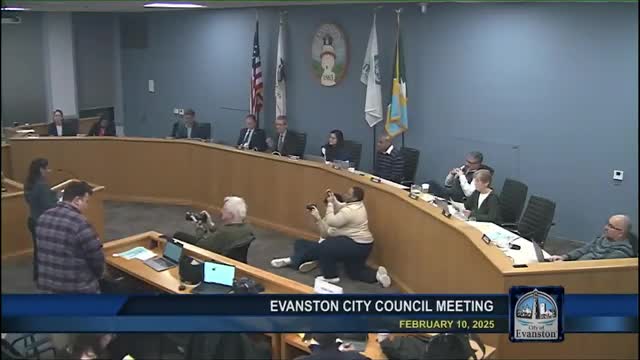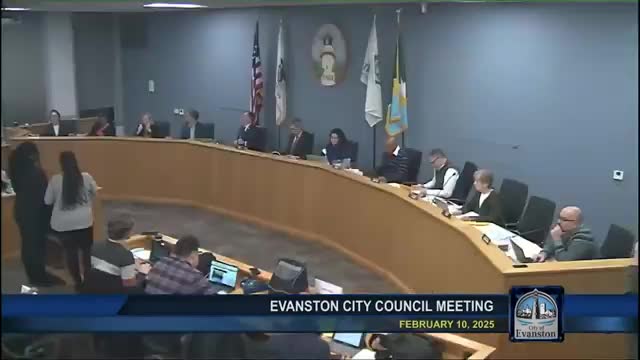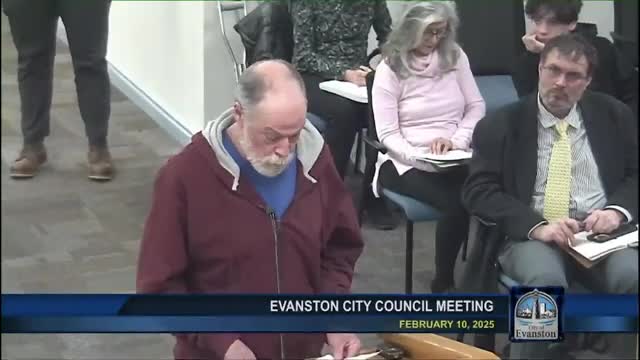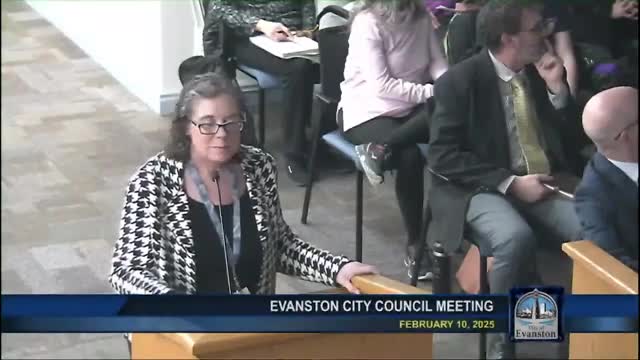Article not found
This article is no longer available. But don't worry—we've gathered other articles that discuss the same topic.

Votes at a glance: key motions and ordinances from the Feb. 10 Evanston City Council meeting

City details $100,000 Love Your Block grant to fund resident‑led home and neighborhood projects

Council amends Healthy Buildings Ordinance after weeks of input; tables final vote for Feb. 24

